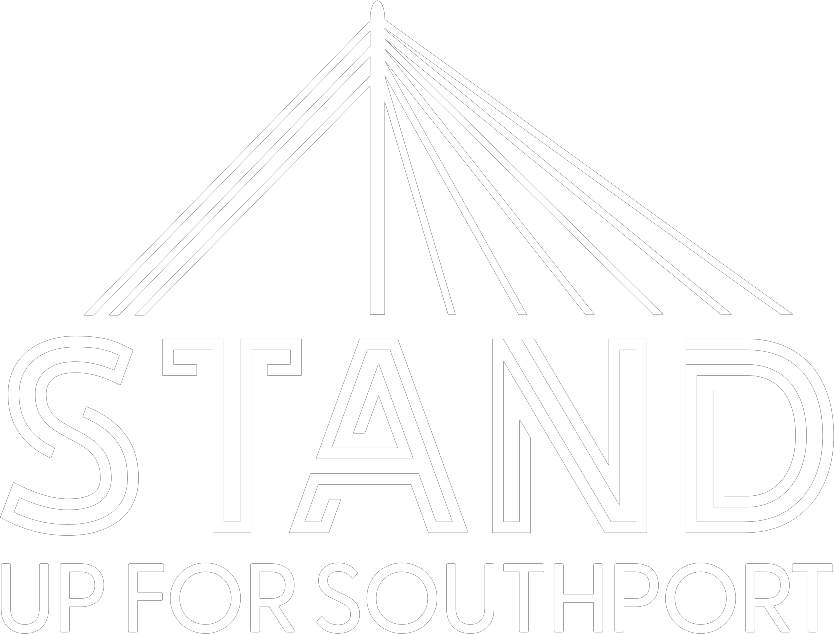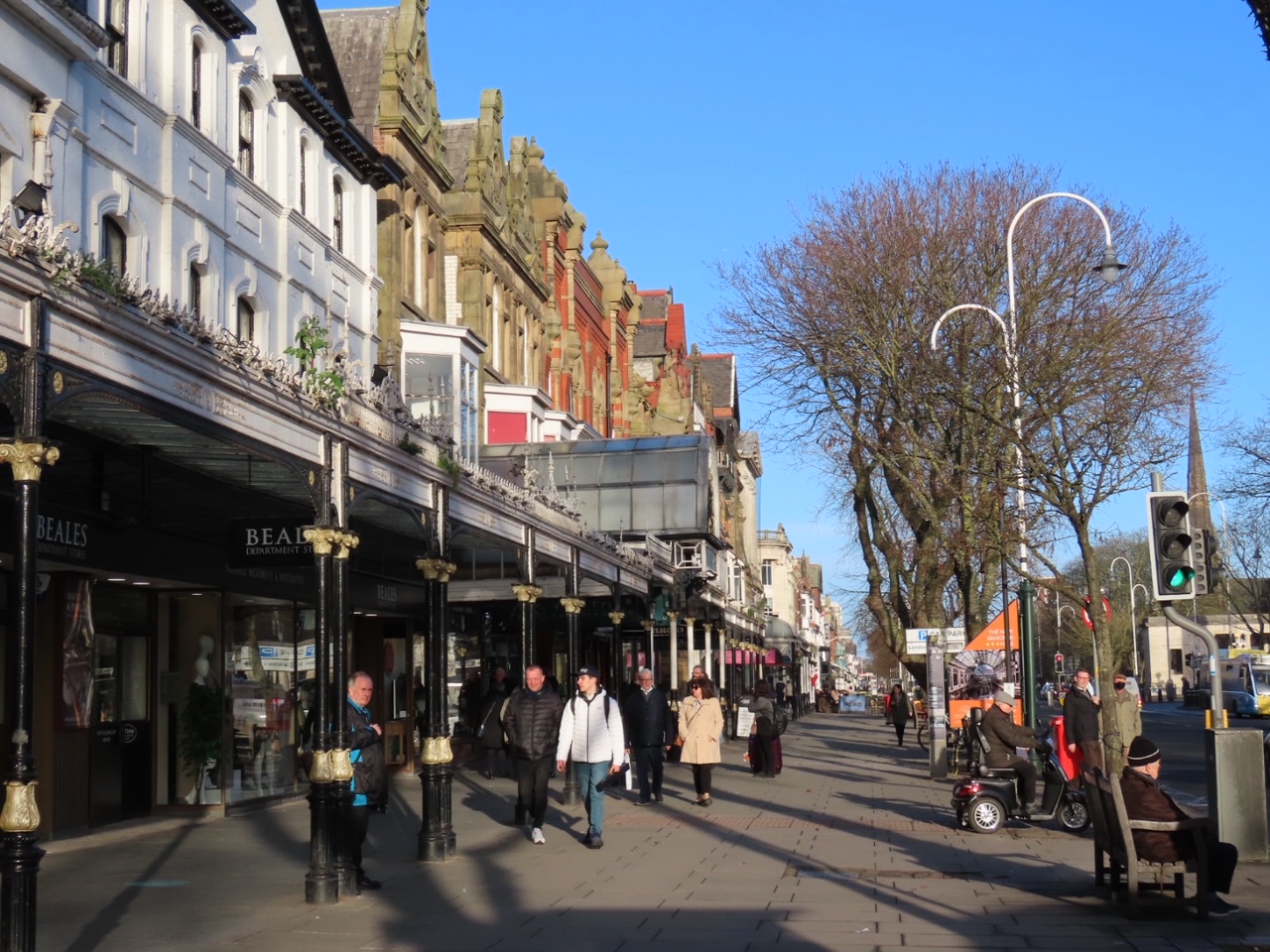- People will no longer be advised to work from home, face coverings will no longer be mandatory in indoor venues, and organisations will be able to choose whether to require NHS Covid Passes
- Vaccination remains our best defence against COVID-19 and people are urged to Get Boosted Now
People and businesses in Southport are seeing Covid-19 restrictions eased after a Government announcement yesterday.
England will fully return to Plan A next Thursday (27th January) thanks to the success of the Covid-19 booster programme, with ministers urging anyone who has still not had a top-up jab to come forward and Get Boosted Now.
Covid-19 cases in Sefton are falling fast. In the seven days to 14 January 2022, they dropped 58.4% with 2579 new Covid-19 cases across those seven days, a fall of 3,616 from the previous week, giving a rate of
934.8 cases per 100,000.
So far in Sefton, 60.1% of people have had a third / booster Covid-19 vaccination, with 77.1% having a second jab, and 82.7%having had a first vaccination.
The figures show the percentage of people aged 12+ in Sefton who have been vaccinated up to and including 18 January 2022.
On 8 December, the Prime Minister announced a move to Plan B following the rapid spread of the Omicron variant.
The measures introduced helped to control the spread of COVID-19, bought time to assess the variant and allowed the NHS to rapidly expand the booster programme to strengthen defences.
While vaccinations remain a priority, the success of the vaccination programme so far means we are now able to cautiously return to Plan A in England.
This means from now:
- The government is no longer asking people to work from home if they can. People should speak to their employers about arrangements for returning to the office, and should follow the Working Safely guidance.
- Face coverings will no longer be advised in classrooms for both staff and pupils.
From Thursday 27 January:
- Venues and events will no longer be required by law to use the NHS Covid Pass. The NHS Covid Pass can still be used on a voluntary basis as was previously the case in Plan A.
- Face coverings are no longer required by law in any setting. Public health guidance will remain in place, suggesting individuals should continue to wear a face covering in crowded and enclosed spaces, where you may come into contact with people you do not normally meet.
- The Department for Education will remove national guidance on the use of face coverings in communal areas, with local Directors of Public Health able to recommend the use of face coverings in education settings across their area only where the department and public health experts judge the measure to be proportionate due to specific health concerns. This is a temporary measure and Directors of Public Health continue to advise individual settings experiencing outbreaks.
- Any local introduction of face coverings must be subject to routine review and removed at the earliest opportunity.
Throughout the pandemic, the government has maintained a balanced approach to COVID-19 measures, considering the freedoms of individuals together with the public health concerns of COVID-19. Although the government is able to remove blanket restrictions, prevalence of COVID-19 is still high with over 16,000 people in hospital in England with the infection.
As such individuals, employers and local leaders are urged to act cautiously and consider the risk of COVID-19 when moving back to Plan A. The guidance on gov.uk will be updated accordingly.
Due to the success of the booster programme, with over 30.5 million boosters given in England, the situation continues to improve.
The latest data from the UK Health Security Agency (UKHSA) shows that getting a booster is 89% effective in preventing hospitalisation from COVID-19 from two weeks after it is administered and is 65 to 75% effective against symptomatic infection from Omicron.
Vaccinations remain our best defence against COVID-19 and in December the Prime Minister launched a national appeal to Get Boosted Now. The government met its target of offering every eligible adult a booster jab by Christmas and now more than 4 in 5 (81%) of eligible adults in England have had their booster.
Over 90% of people aged 12 and above have had their first dose and over 83% have had their second. The government recently provided an extra £22.5 million to councils for Community Vaccine Champions to help drive uptake in harder-to-reach communities.
Health and Social Care Secretary Sajid Javid said:
“Today marks the start of the next chapter in this country’s fight against COVID-19.
“Our plan was to use the time that Plan B gave us to give ourselves extra power in our fight against Omicron. That plan has worked, and the data shows that Omicron is in retreat.
“But it’s not the end of the road and we shouldn’t see this as the finish line. The best step that we can all take is to get vaccinated. It was the jabs that have got us this far, and the jabs can keep us here too”.
The Government will set out a long term strategy for living with COVID-19 in due course.
Do you have a story for Stand Up For Southport? Please message Andrew Brown via Facebook here or email me at: mediaandrewbrown@gmail.com






